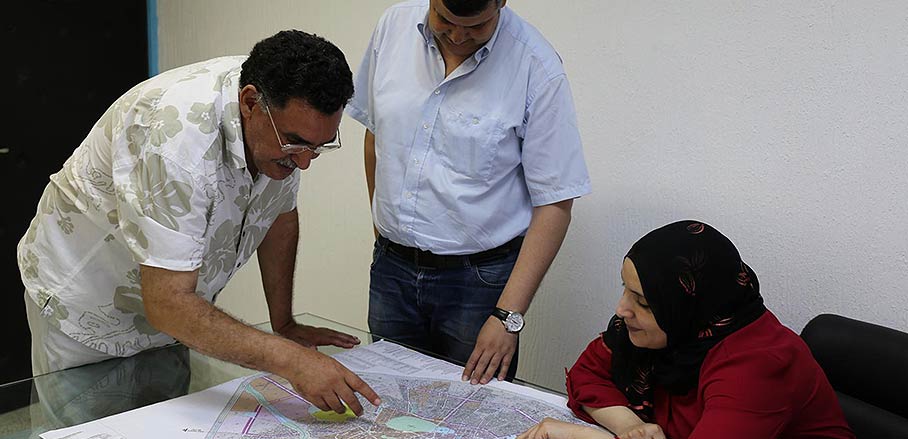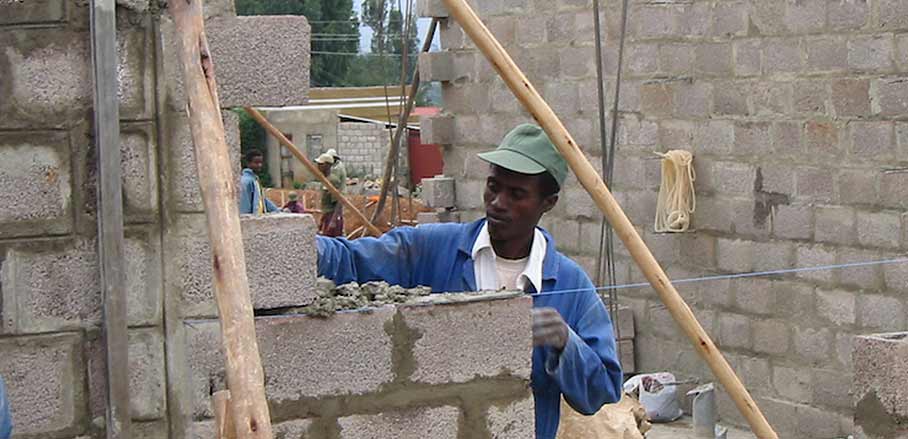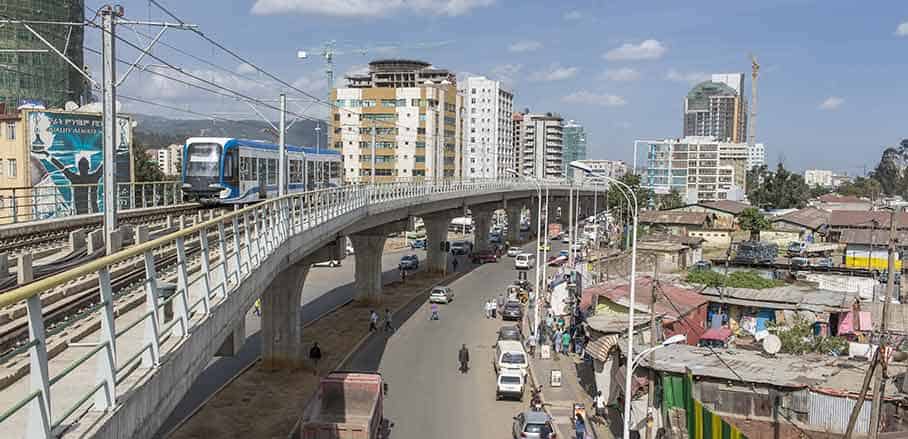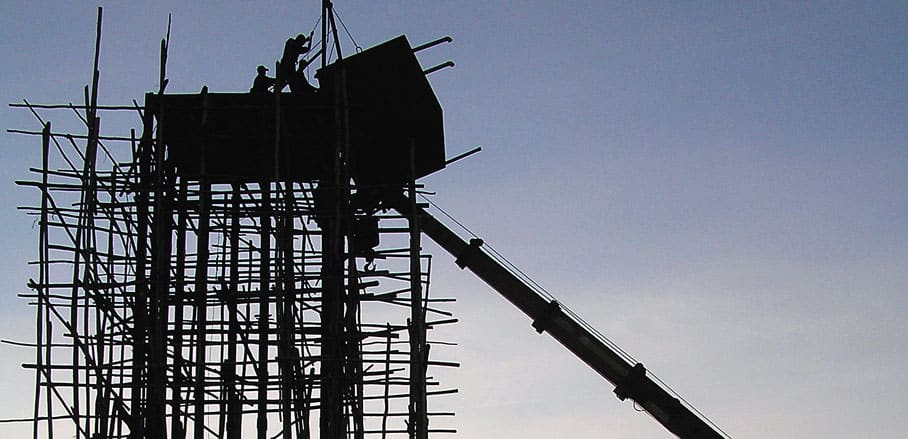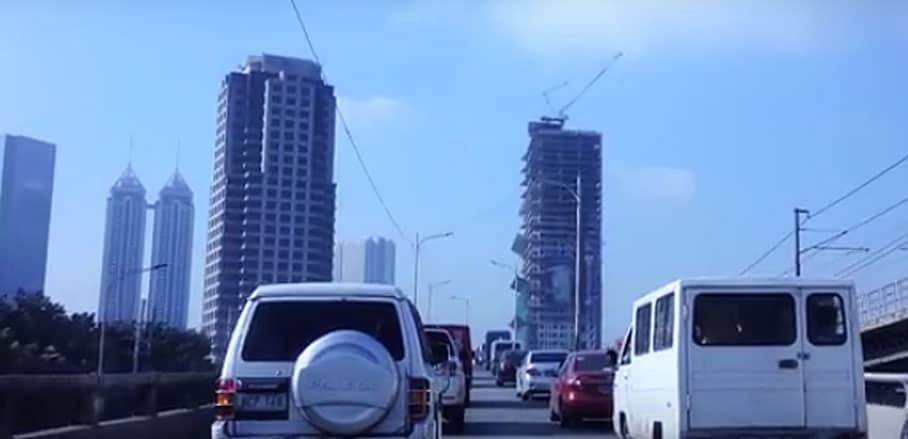Collaborating for a geographical information system in Kairouan
For sustainable urban planning, administrative bodies, service providers and citizens need to work together. In Kairouan, Tunisia, different actors are collaborating to put in place a comprehensive geographical information system for their city.
